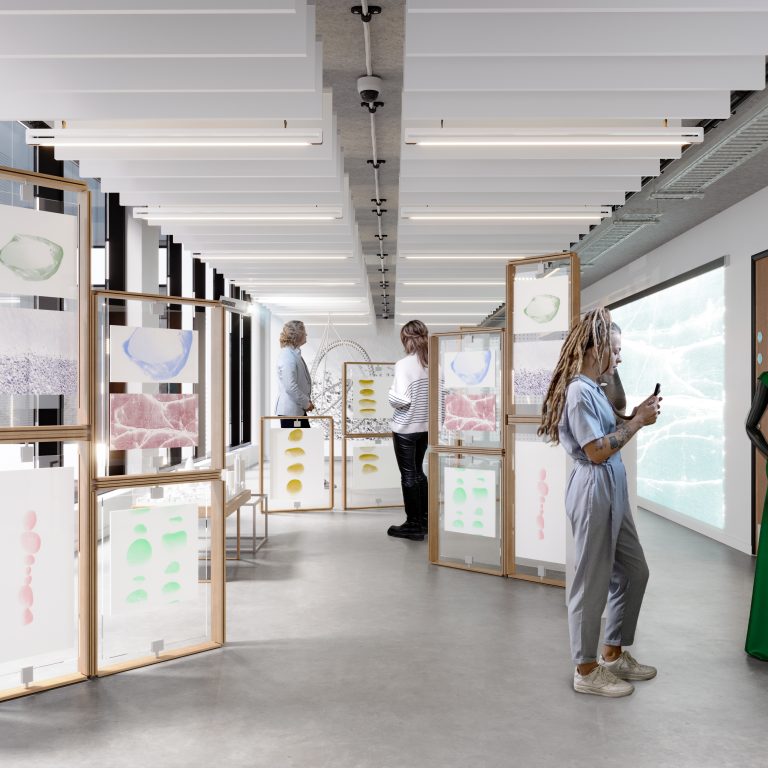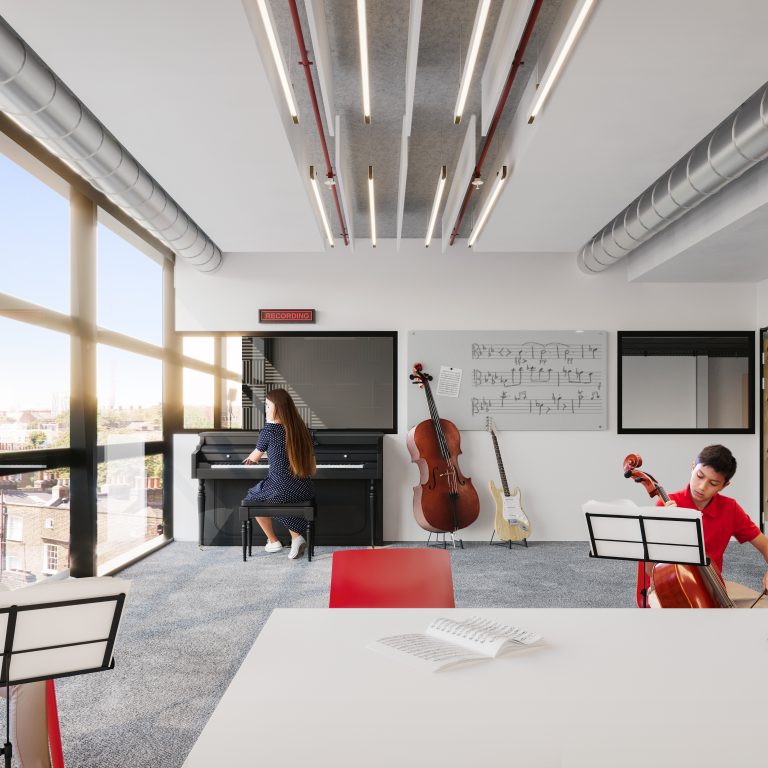Between 2011 and 2019, job growth in the creative industries was three times that in the UK overall, and the creative industries are receiving growing international attention. Global exports of creative services rose from $487 billion in 2010 to $1.1 trillion in 2020.
Employers increasingly seek people who are creative thinkers, who have a grounding in the arts and who have cultural understanding.
At Wetherby Arts, we will place enormous importance on the arts, and on creativity, collaboration and innovative entrepreneurial thinking, so that we can support our pupils towards their future. The creative industries offer a range of exciting career opportunities across the sector. For example, the BFI Skills Review 2022 estimated that film and high-end television will require between 15,130 and 20,700 additional full-time employees by 2025.
However, whilst not all of our pupils will choose to pursue a career in the arts, they will all benefit from the skills that are gained through studying the creative arts.
Learning through and about the arts enriches the experience of studying while at school as well as preparing students for life after school. Arts subjects encourage individual identity, self-expression, creativity, collaboration and confidence.
Research has also shown that creative learning can enhance wellbeing, improve health and increase happiness, whilst allowing our pupils to develop critical thinking, problem-solving skills and the ability to interpret the world around them.
Arts subjects require emotional intelligence and allow pupils to be self-starters, who initiate, develop and lead on their own ideas, with excellent independence. Our pupils will be bold and innovative, able to use their imaginations to solve problems and drive change.
Studying the arts subjects also enhances communication skills, collaborative ability and organisational skills. The arts develop dedication and resilience, discipline and the ability to accept, reflect upon and act on constructive criticism.
Pupils who access learning in the arts show agility and adaptability, initiative and entrepreneurialism. They are curious and imaginative and can analyse and evaluate.
Perhaps most importantly, the arts increase social awareness and responsibility, enabling pupils to become critically reflective members of society.







